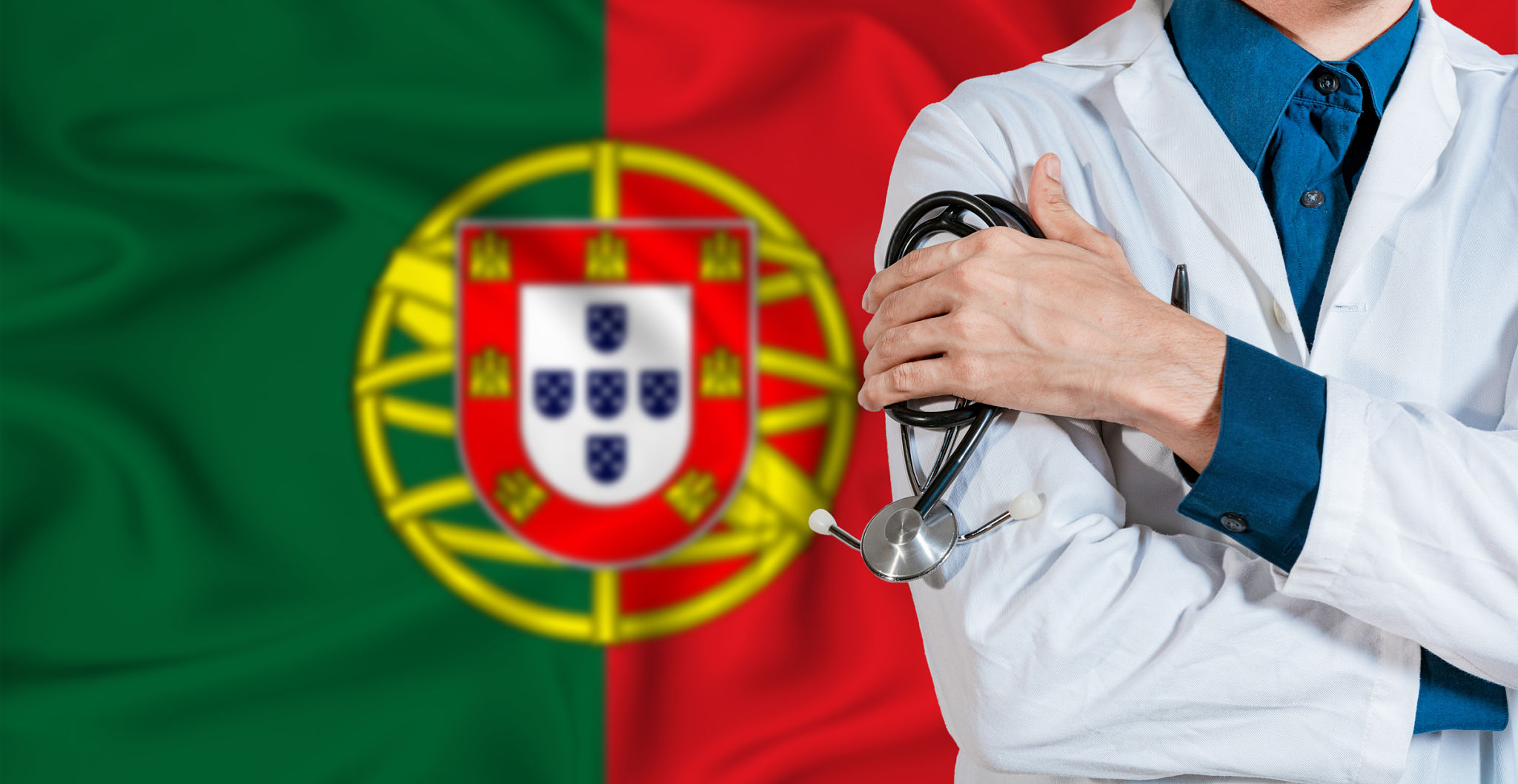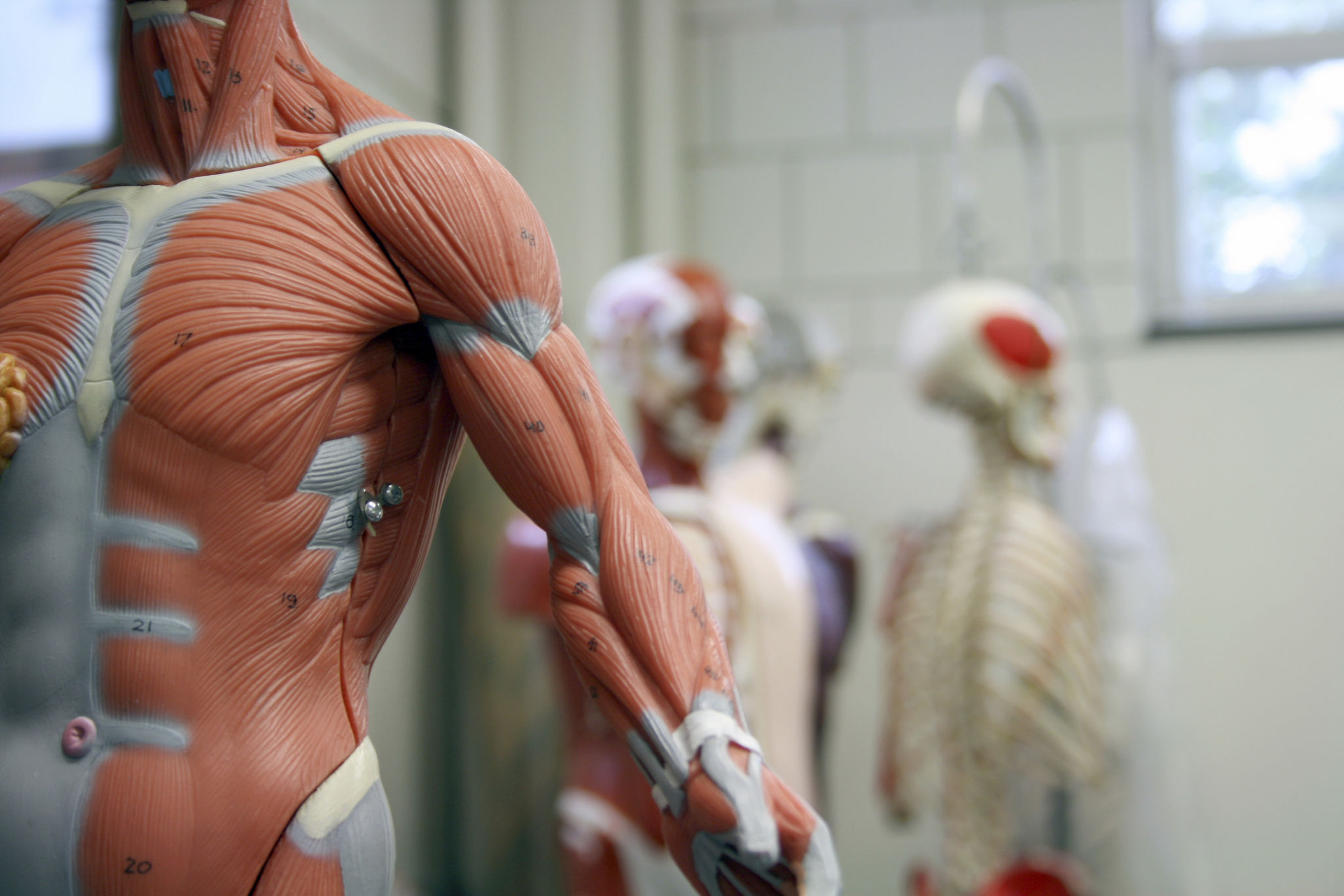Comprehensive Guide to Medical Education in Portugal: Navigating Opportunities and Challenges
Introduction to Medical Education in Portugal
Portugal is increasingly becoming a popular destination for students pursuing medical education. The country offers a blend of high-quality education, cultural richness, and an affordable cost of living. With globally recognized medical programs, students gain the opportunity to study in a dynamic European environment while receiving top-notch training.

Structure of Medical Education
The medical education system in Portugal is rigorous and well-structured. It typically spans six years, culminating in a Master’s degree in Medicine. The curriculum is divided into two main phases: the Pre-Clinical phase and the Clinical phase. The first three years focus on theoretical knowledge, while the latter half emphasizes practical training in hospitals and healthcare facilities.
Pre-Clinical Phase
During the Pre-Clinical phase, students delve into foundational sciences such as anatomy, physiology, biochemistry, and pathology. This phase is crucial as it lays the groundwork for understanding the human body and its functions, preparing students for more hands-on clinical experiences.

Clinical Phase
The Clinical phase involves rotations in various medical specialties, allowing students to apply their theoretical knowledge in real-world settings. Under the supervision of experienced professionals, students gain insights into patient care, diagnosis, and treatment strategies across different departments.
Admission Process
Admission to medical schools in Portugal is competitive. Prospective students must pass a rigorous entry examination and demonstrate proficiency in subjects like biology, chemistry, and mathematics. Some universities may also require an interview or additional assessments.
- High school diploma or equivalent
- Proof of language proficiency (for non-native speakers)
- Entrance examination scores
- Personal statement or motivation letter

Challenges Faced by Students
While studying medicine in Portugal offers numerous benefits, students may face challenges such as language barriers, cultural adjustments, and the demanding nature of the curriculum. Most programs are conducted in Portuguese, so proficiency in the language is essential for international students.
Overcoming Language Barriers
International students often find language barriers to be a significant challenge. To mitigate this, many universities offer Portuguese language courses to help students acclimate better to their new environment and enhance their communication skills in clinical settings.

Opportunities Beyond Graduation
Graduating from a medical program in Portugal opens doors to a variety of career opportunities both within the country and internationally. Portuguese medical degrees are recognized globally, allowing graduates to pursue careers in diverse healthcare settings or continue with specialized training and research.
Moreover, the experience of studying in a European Union country can offer additional advantages, such as easier mobility for work or further studies across EU member states.
Conclusion
Medical education in Portugal is an attractive prospect for many aspiring healthcare professionals. With its comprehensive curriculum, cultural diversity, and global recognition, it presents both opportunities and challenges for students. By understanding the structure and demands of medical programs in Portugal, prospective students can better navigate their educational journey and prepare for successful careers in medicine.
